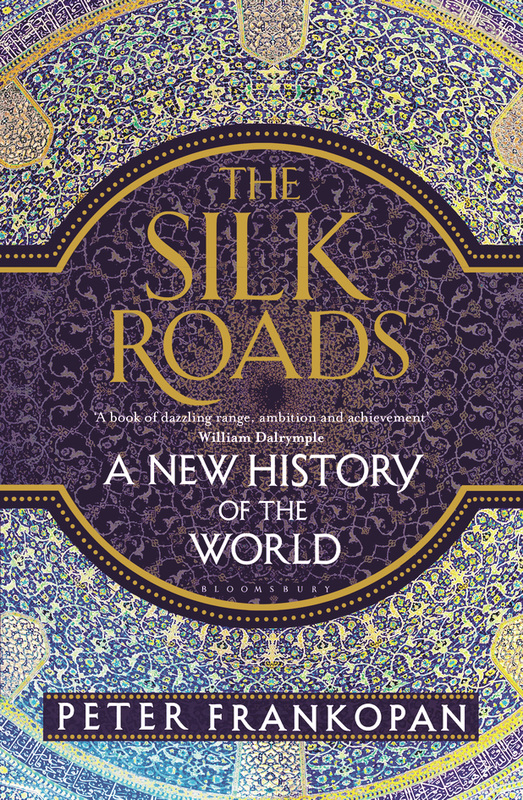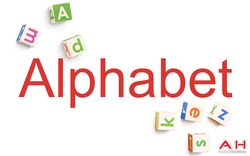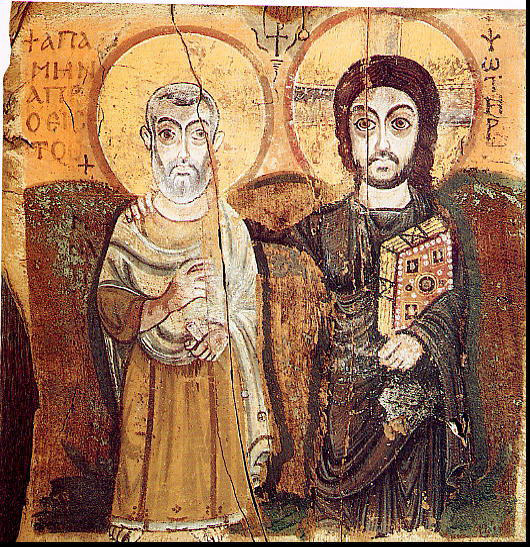In just over two hours, my book officially comes to life. I've been waiting for 27 August 2015 for years. The Silk Roads: A New History of the World is the culmination of a journey that began while I was still a boy - keen to find out about parts of the world I was not being taught about, rather than those that I was.
I could not be more proud of the book. Picking it up brings back many memories of long days and late nights spent agonizing how to figure out works written hundreds or even thousands of years ago; of the excitement of spotting patterns; of the frustrations of giving up on dead ends and moving on.
I feel like the conductor of an orchestra made up of gifted virtuosi. I have been able to call up eye-witnesses from across the globe who lived over more than two millennia, who observed, recorded and tried to make sense of a world changing before their eyes. I have admired the authors of a huge range of sources, have learned from them and hope to have introduced them to new audiences.
I've been counting the weeks, days and hours as the launch date has crawled closer. I've been holding my breath to see what people think of a book that it is unashamedly ambitious, and tries to look at history in a different way.
And now, finally, the moment has arrived.
I hope all who read Silk Roads enjoy it as much as I enjoyed writing it. It will excite, enthrall and challenge. Above all, I hope that it encourages readers to think about the past, and to remember why studying history is so rewarding - and so important.






 RSS Feed
RSS Feed